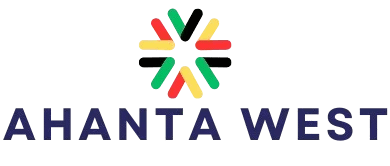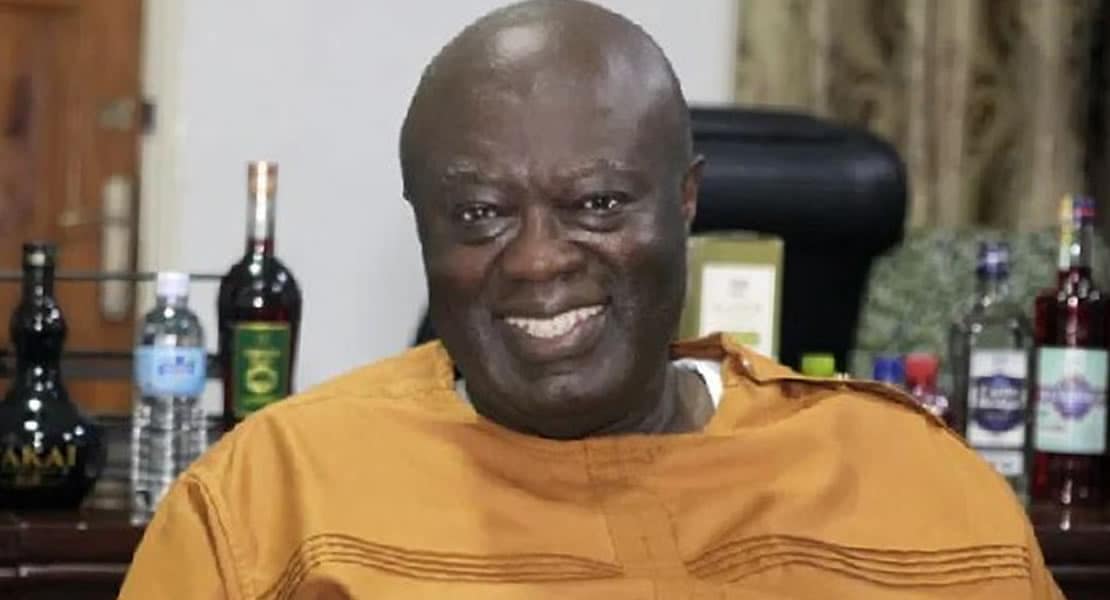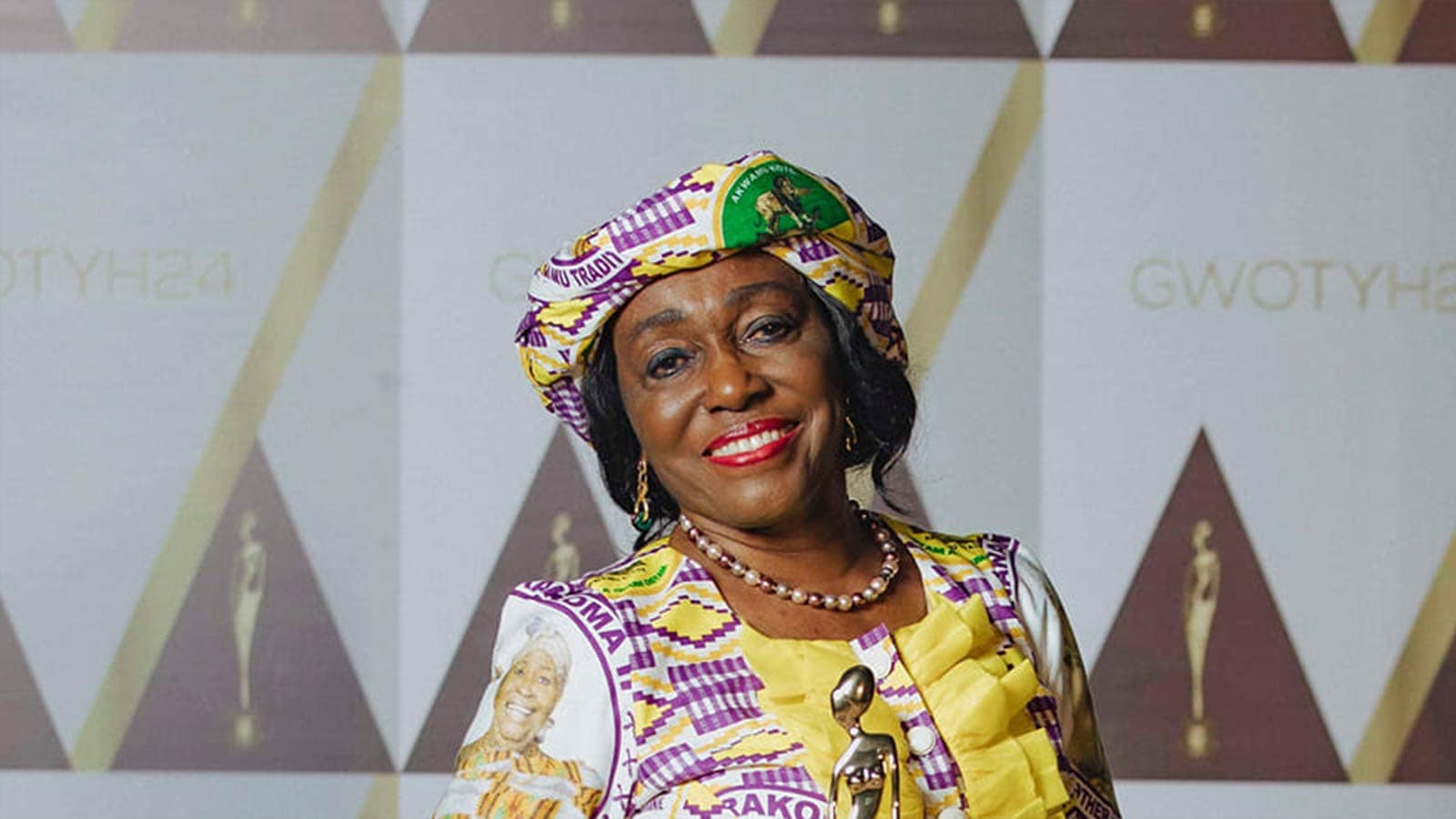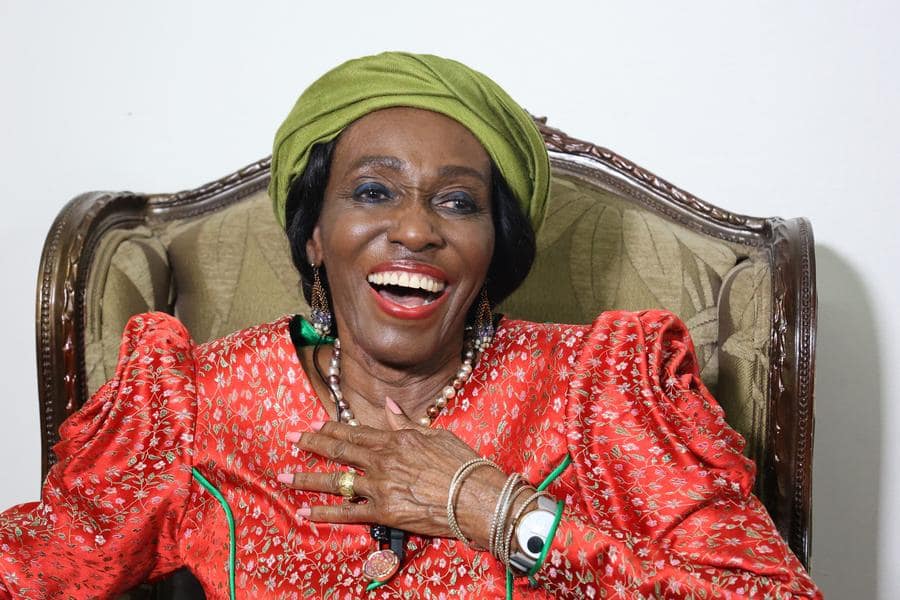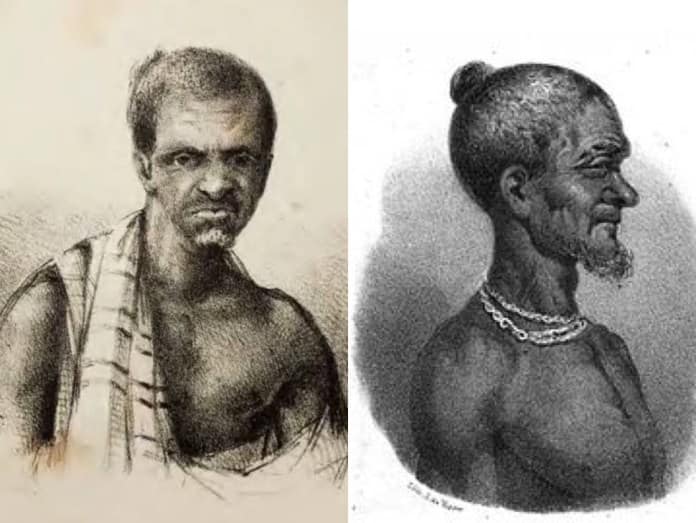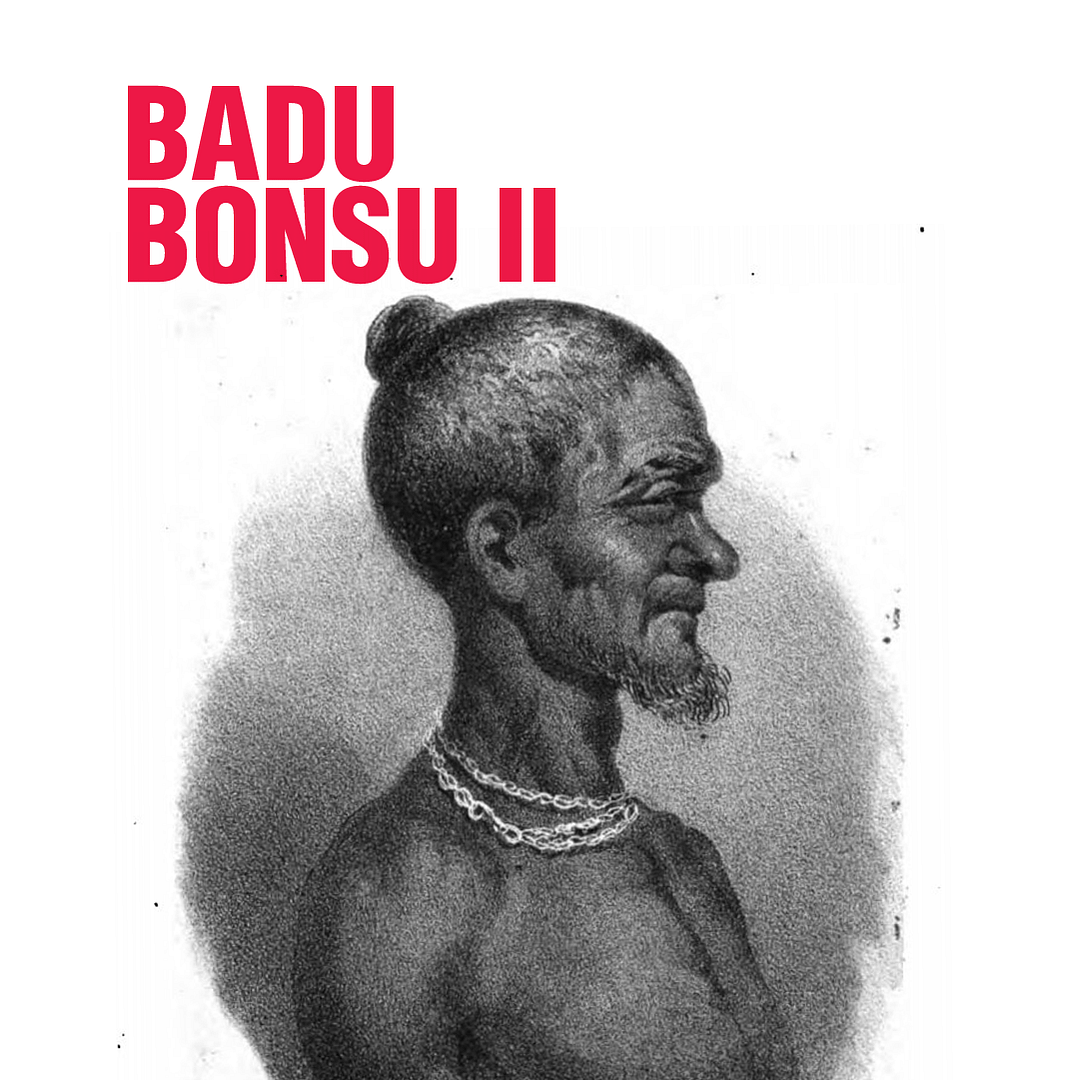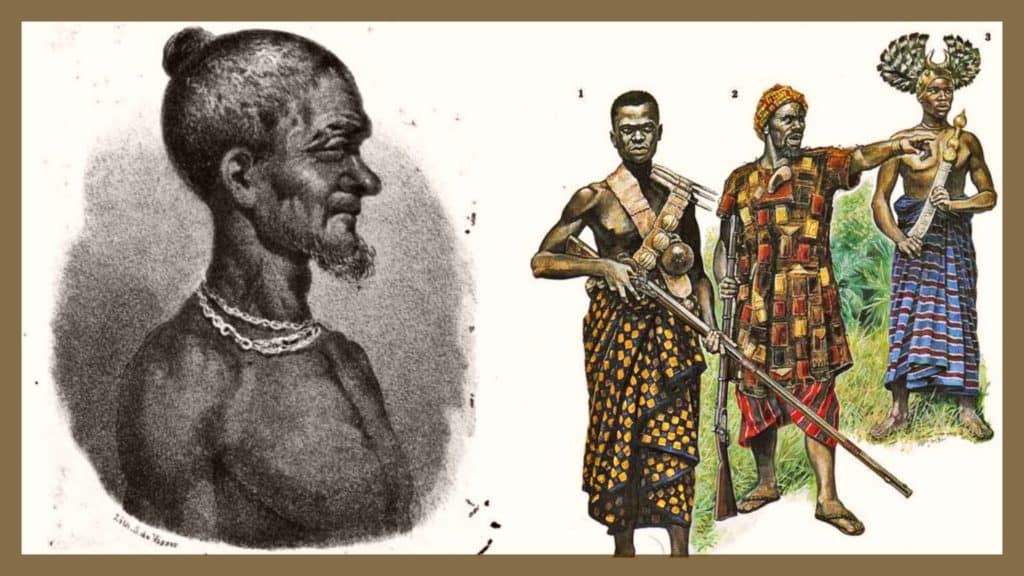
Source: Charllote Aidoo
The current uproar over Hon. Kofi Jumah allegedly employing SHS graduates for well-paying positions has sparked heated debate about certificates, competence, and capacity-building in Ghana. Critics are quick to dismiss the decision as irresponsible, while others defend it as visionary. But beneath the laughter, sarcasm, and political spin lies a deeper national conversation: What truly builds capacity—paper qualifications or practical skills?
In Ghana, we have elevated certificates to a sacred status. An individual’s worth is often judged by how many degrees they hold, rather than the knowledge, creativity, or problem-solving skills they bring to the table. Yet, as I Charllote Aidoo have sharply noted, when you step outside Ghana, you will find young people—graduates of high school—being employed, trained, and empowered to contribute meaningfully to their economies. They do not wait until a Master’s thesis is complete before they earn a living or develop their nation.
Indeed, certificates matter. Education refines knowledge and provides structured learning. But it is not enough. The internet has democratized information. Skills, critical thinking, adaptability, and innovation now drive modern economies. If Ghana continues to equate certificates with competence, we risk sidelining a generation of capable young people whose only “shortcoming” is that they do not carry a diploma.
Hon. Jumah, whether consciously or not, is challenging the status quo. By employing his loyalists, many of whom are SHS graduates, he is saying something bigger: Ghanaian youth deserve opportunities to prove themselves, not just in theory but in practice. And yes—being Ghanaian alone entitles them to contribute meaningfully to their country.
Are SHS graduates incompetent? Far from it. They have minds capable of reasoning, adapting, and growing if only given the platform. Instead of mocking such initiatives, we should demand systems that train, mentor, and upskill these young workers. That is how nations build capacity—by transforming loyalty and energy into productivity and innovation.
The bigger question, then, is not whether Jumah is wrong to employ SHS graduates. The real question is whether Ghana as a nation is ready to move beyond “certificate worship” and invest in skills, creativity, and practical knowledge. If we are serious about job creation and economic transformation, then this debate should push us toward a hybrid model—where education matters, but skills and opportunity matter even more.
This is the wisdom nobody may tell you outright: a country does not develop by certificates alone.
DISCLAIMER: The Views, Comments, Opinions, Contributions and Statements made by Readers and Contributors on this platform do not necessarily represent the views or policy of ahantawest.com
